On Monday, Home Depot’s appeal of a $2.7 billion antitrust settlement with Blue Cross Blue Shield was denied by the Supreme Court of the United States.
The ten-year-long case asserted that Blue Cross Blue Shield had taken part in anti-competitive actions which caused excessive costs.
Antitrust Claims
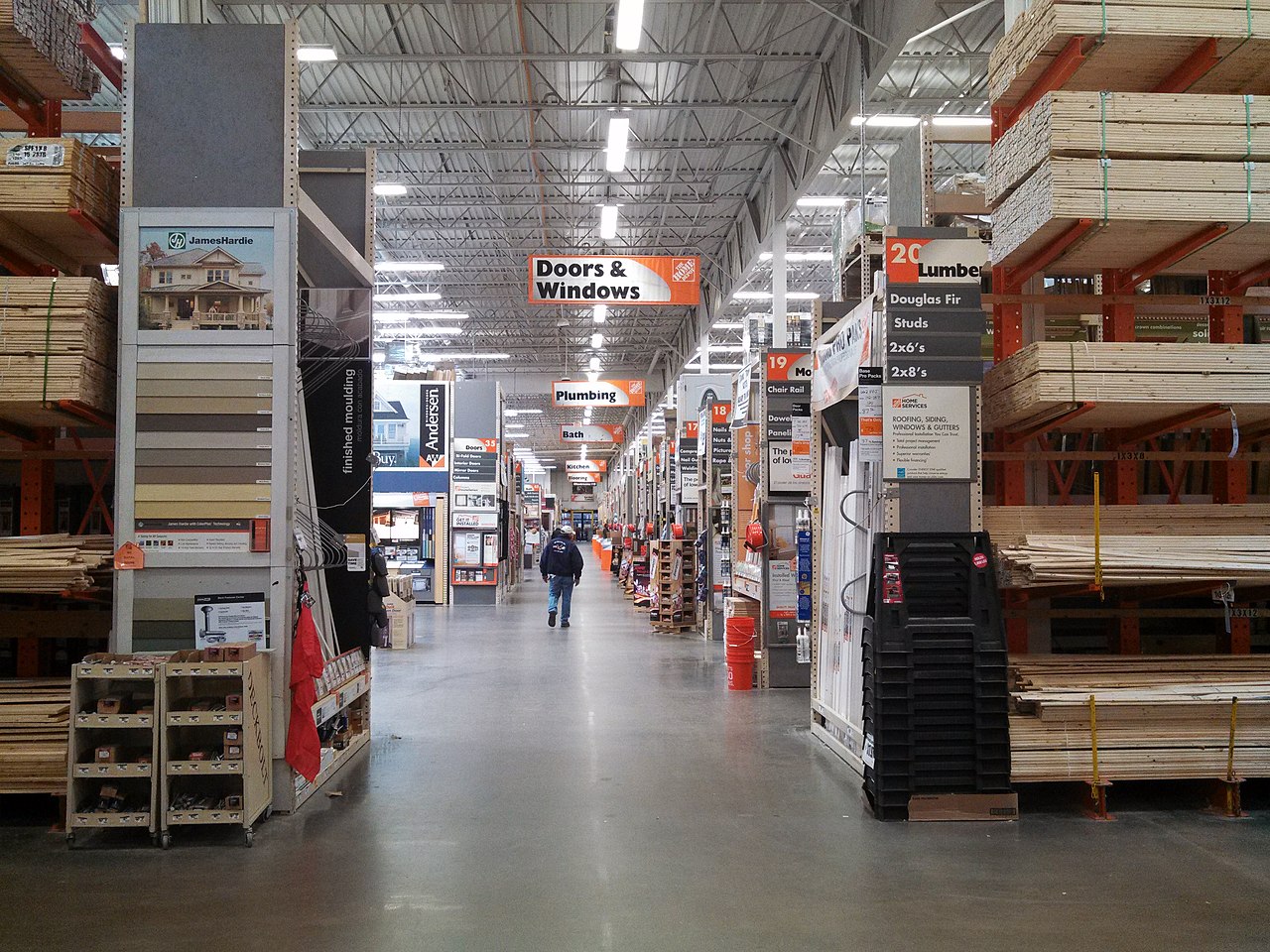
Home Depot complained that the settlement would make it harder for the insurance company to sue for antitrust violations in the future.
Blue Cross Blue Shield has denied any wrongdoing in response to the allegations made by Home Depot.
Spokesperson Statement
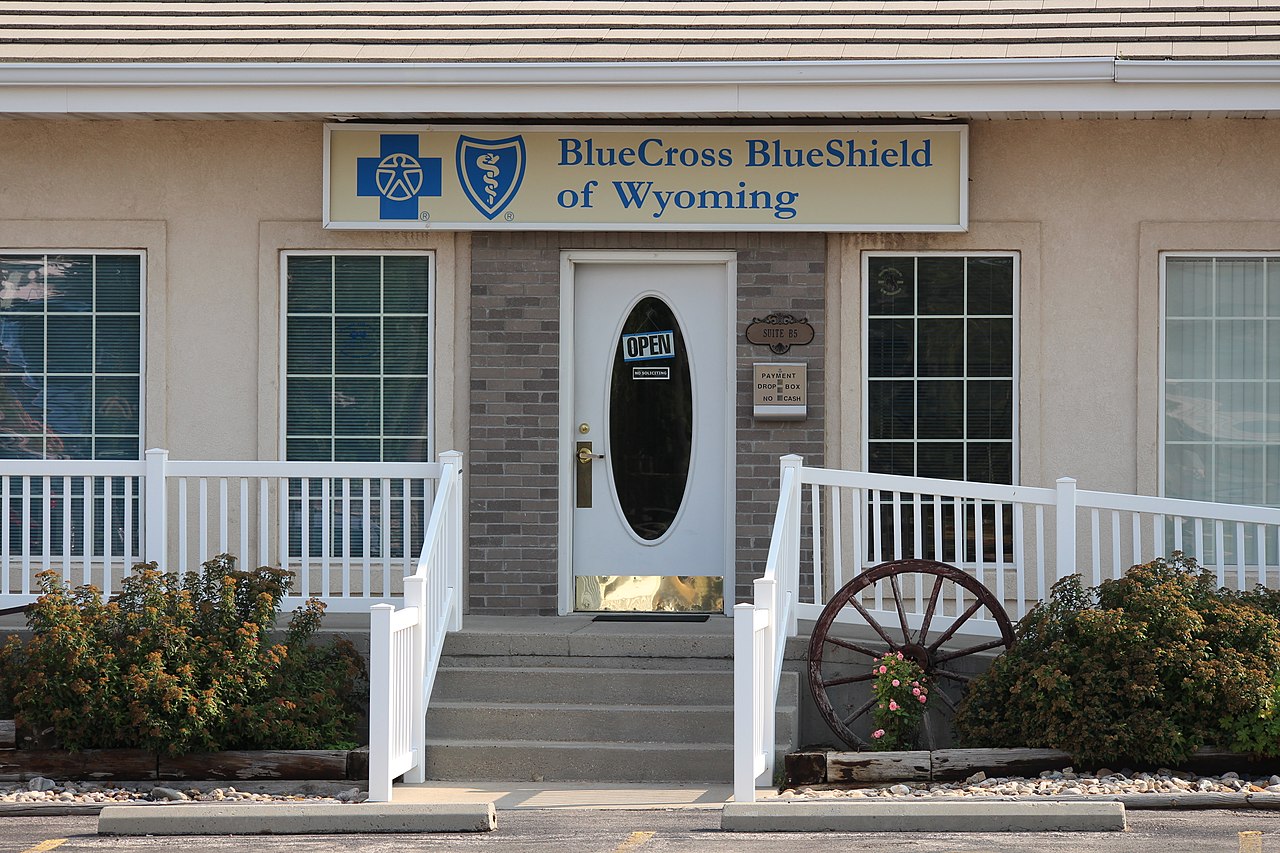
A Blue Cross Blue Shield spokesperson told Newsweek in a statement on Monday, “We are pleased with both the Supreme Court’s decision and the opportunity to begin to implement this settlement, which we agreed to nearly four years ago.”
Home Depot declined to remark following the Supreme Court decision announcement this week.
Company Collusion
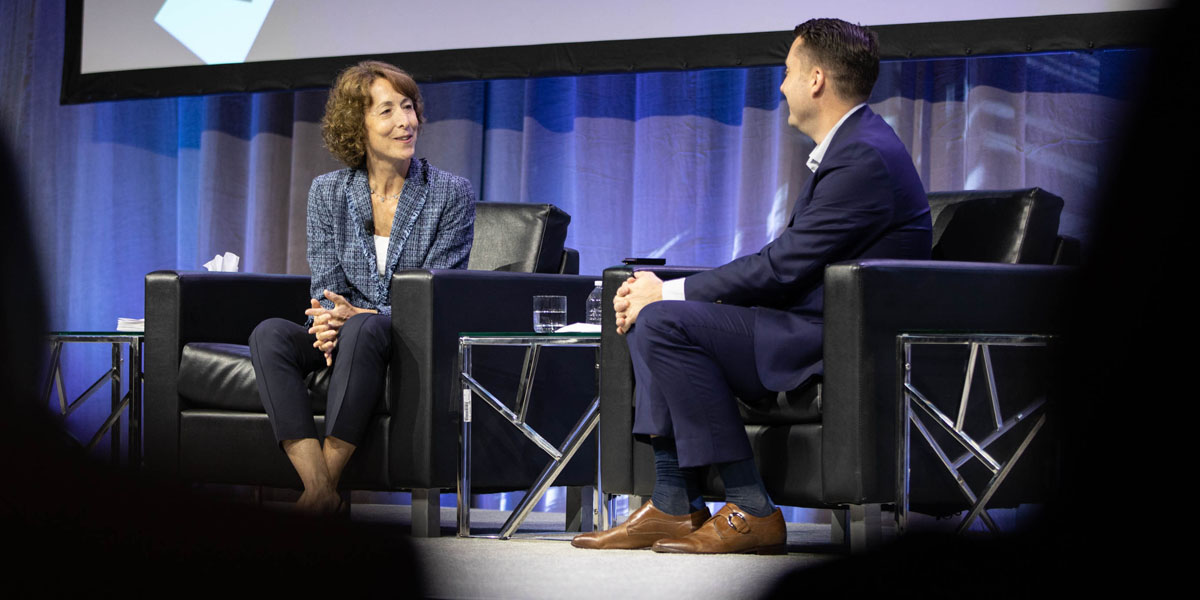
After a group of individuals and businesses who had health insurance through Blue Cross Blue Shield asserted that the company had colluded with others to stifle competition, the settlement was reached in October 2020.
According to the official Blue Cross Blue Shield Settlement website, “Plaintiffs allege that Settling Defendants violated antitrust laws by entering into an agreement not to compete with each other and to limit competition among themselves in selling health insurance and administrative services for health insurance.”
Settlement Statement
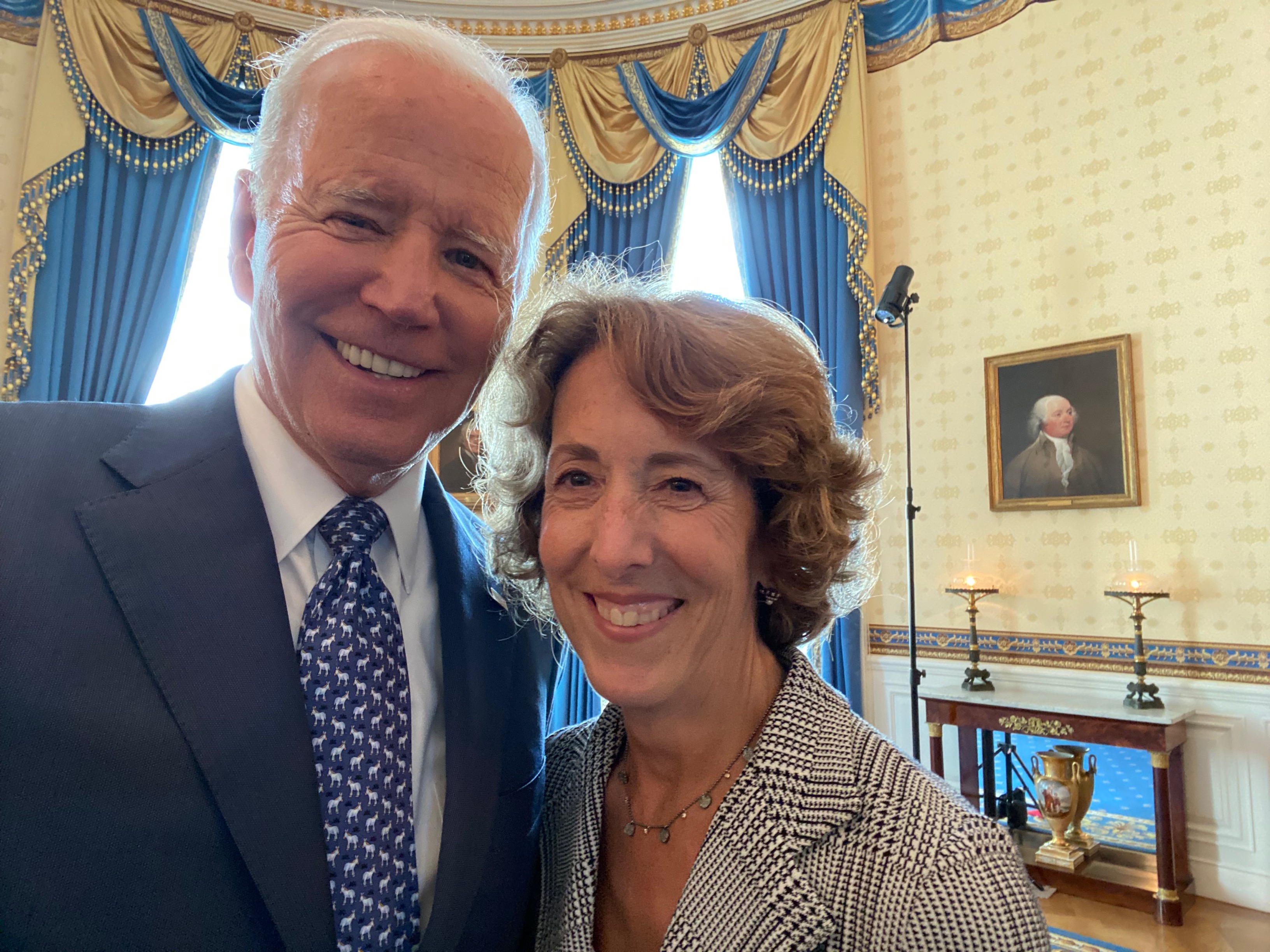
The website goes on to say: “Settling Defendants deny any and all allegations of wrongdoing and claim that their actions reduce health care costs and make it easier for their customers to get care.
It continued: “Who is right or wrong has not been decided by the Court. To avoid the danger and expense of additional litigation, Plaintiffs and Settling Defendants have instead reached an agreement for a Settlement.”
Petition for Denial
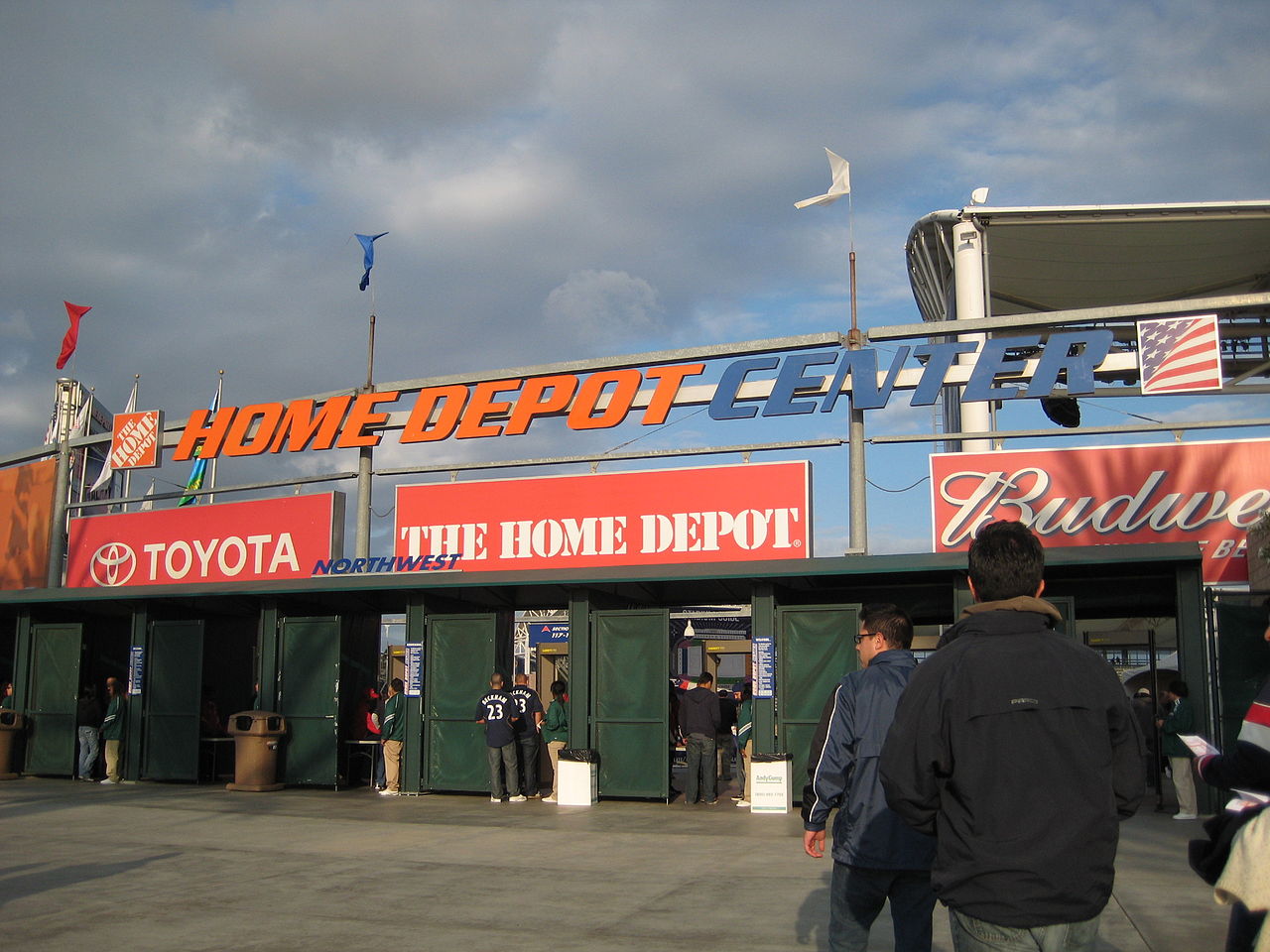
The subscribers’ attorneys requested that the court deny Home Depot’s petitions in what Reuters described as one of the largest class-action settlements.
The agreement was challenged in October of last year by the Eleventh Circuit of the United States Court of Appeals, which rejected the petition. Home Depot took the case to the Supreme Court as a result of the decision.
Change in Approach

Blue Cross Blue Shield’s business strategy will be altered and a $2.67 billion settlement fund will be established as a result of the agreement.
According to the website, “Setting Defendants will also agree to make changes in the way they do business that Plaintiffs believe will increase the opportunities for competition in the market for health insurance.”
Eligibility
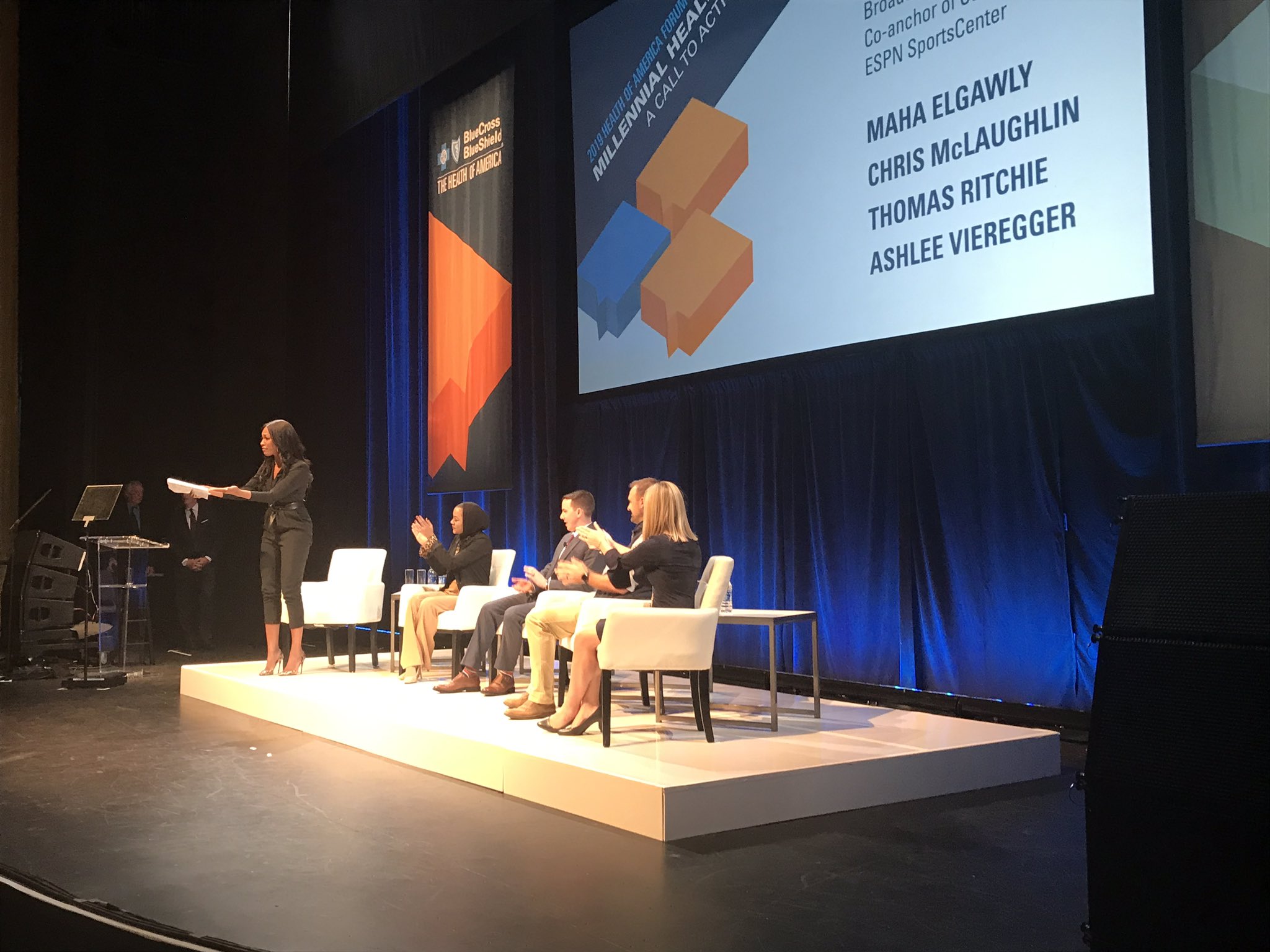
Individuals, insured groups, and self-funded accounts who had Blue Cross Blue Shield coverage between February 2008 and October 2020 may be eligible for the settlement.
As per the website: “The Settlement Class Period for Individuals and Insured Groups is from February 7, 2008, through October 16, 2020. The Settlement Class Period for Self-Funded Accounts is from September 1, 2015 through October 16, 2020”
Exceptions

Some individuals may not be allowed to make a claim stating: “Dependents, beneficiaries [including minors], and non-employees are not eligible to receive payment.”
Alongside this decision, the court also refused to hear a related challenge regarding a $667 million fee award for the class attorneys responsible for working out the deal.
Lead Class Attorney
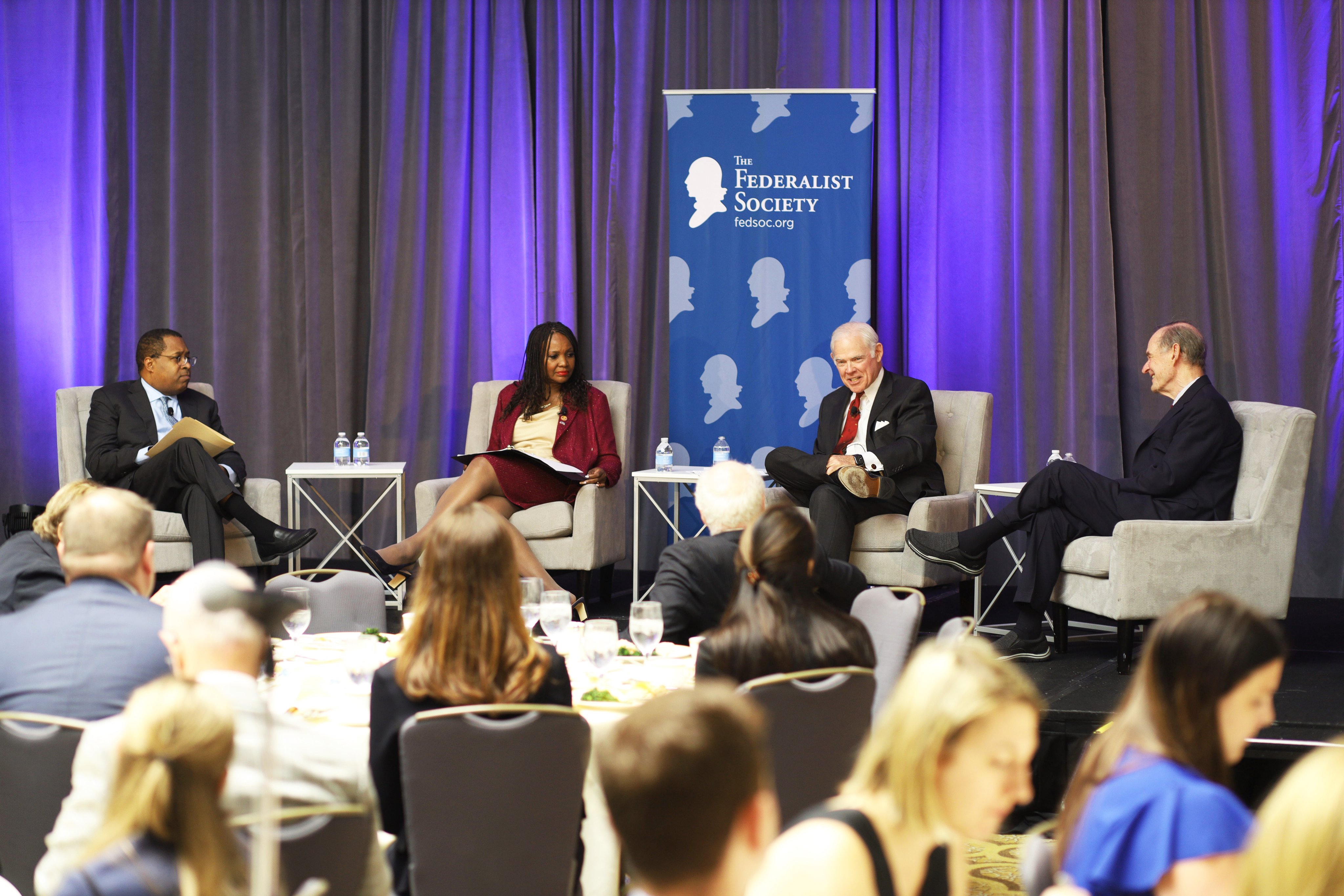
David Boies, chairman of Boies, Schiller & Flexner, one of the lead class attorneys provided a statement regarding to outcome.
He contended that this was “a great result for consumers and the entire health insurance system.”
Conflicting Figures
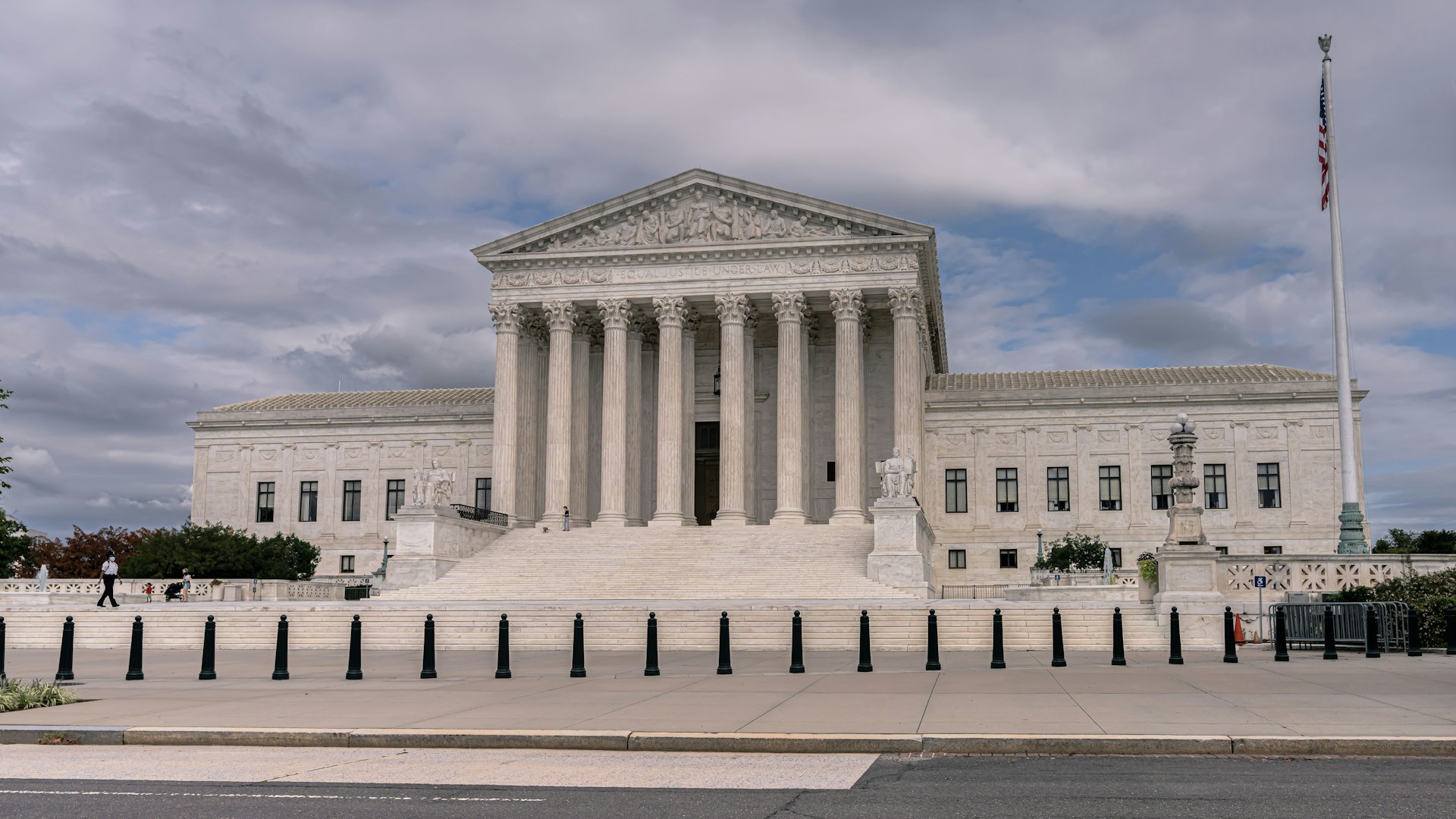
Based on multiplying the number of hours the lawyers claimed to have worked by a prevailing hourly rate a fee objection was calculated.
Accordingly, they suggested that the fee objection total amount should not exceed $194 million.
Challenge Refusal
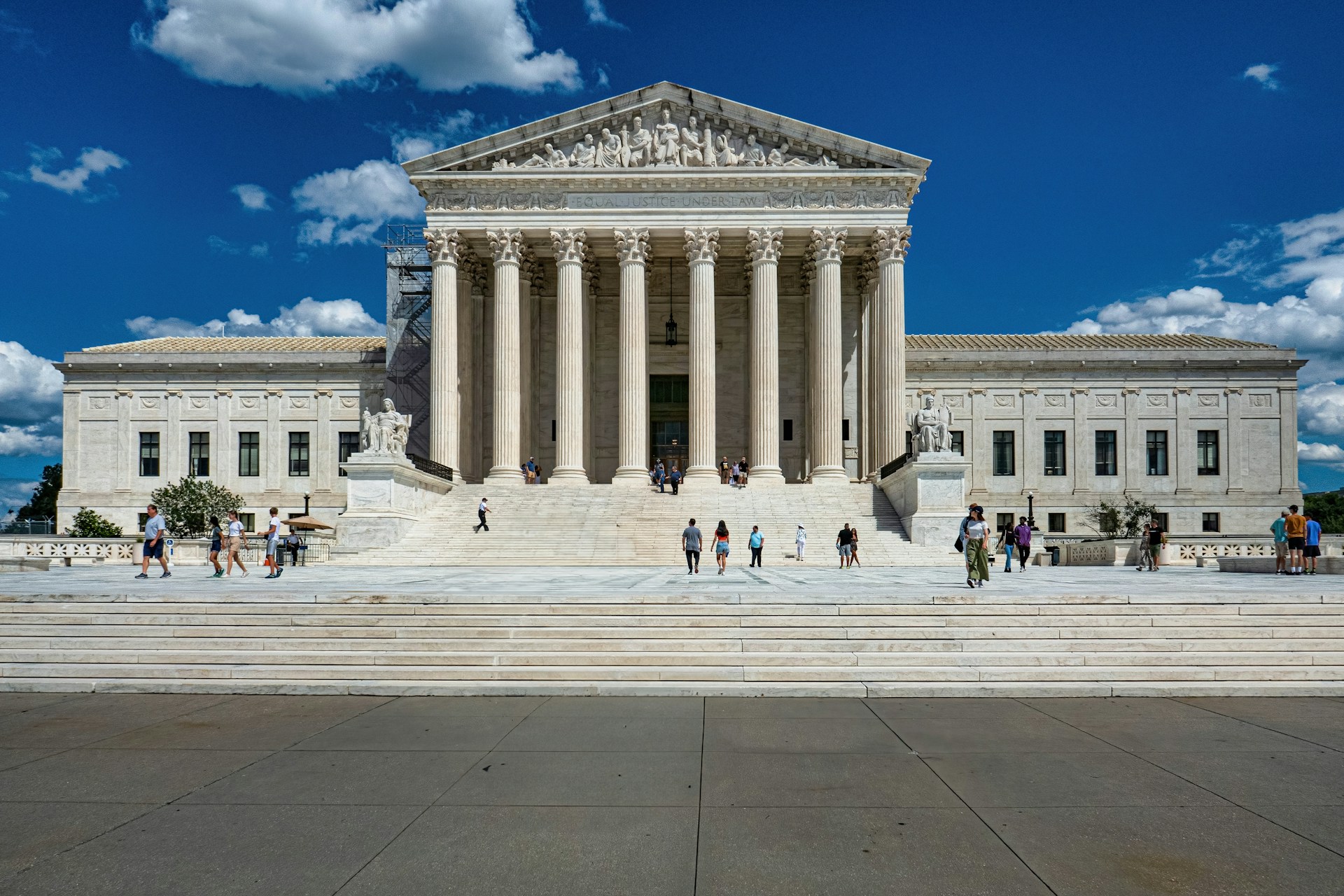
Lawyers for a class of 100 million Blue Cross subscribers had encouraged the judges to turn down the two challenges.
They argued that a settlement’s prohibition of future claims “arising out of the same nucleus of operative fact” was not improper.
They likewise told the judges the requests court didn’t “rubber-stamp” the fee award, and that their “colossal litigation effort” legitimized the sum.
